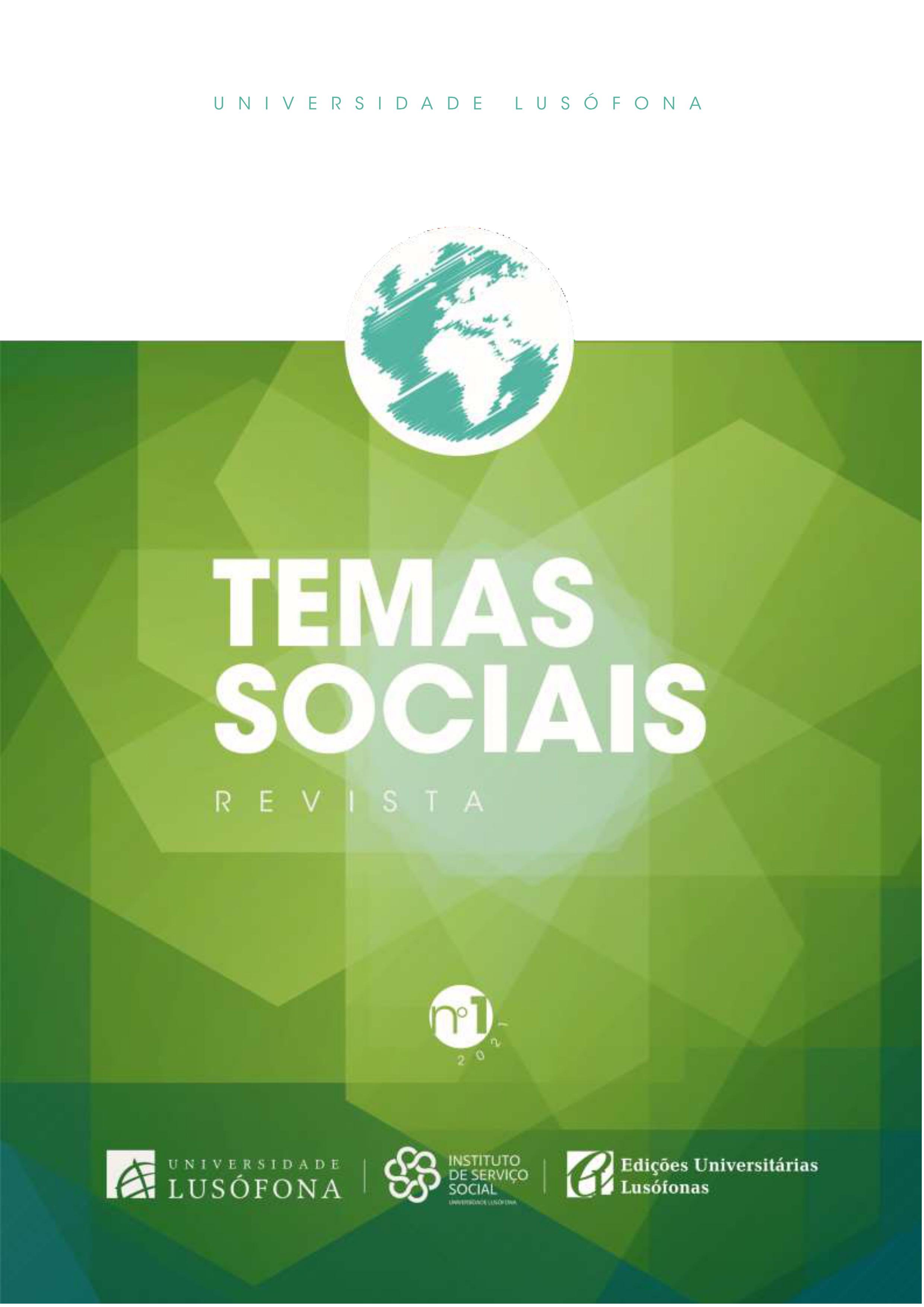Los fondos de conocimiento en el desFundos de conhecimento para o desenvolvimento da interculturalidade. Dilemas y paradojas ante los efectos de la covid-19 en alumnado inmigrante en situación de vulnerabilidad
https://doi.org/10.53809/2021-01-TS-n.1-31-48
Abstract
Actualmente, os sistemas educativos mundiais estão a atravessar um período de incerteza causado pela eclosão de uma crise sócio-sanitária causada pela COVID-19, que levou à implementação de toda uma gama de soluções educativas numa modalidade híbrida para assegurar a continuidade educativa nas melhores condições possíveis. Esta situação sem precedentes teve um grande impacto em todos os agentes educacionais, afectando significativamente os estudantes mais vulneráveis.
O objectivo deste documento é analisar os efeitos da pandemia causada pela COVID-19 nos estudantes imigrantes vulneráveis, reflectir sobre os Fundos do Conhecimento como instrumentos essenciais para tornar as minorias étnicas visíveis e tentar investigar, de forma crítica e reflexiva, as acções que podem ser decisivas para garantir a equidade a partir de uma abordagem democrática, inclusiva e comprometida com a justiça social.
Downloads
Open Access Policy:
The Journal facilitates free, open and immediate access to its contents to foster the exchange of knowledge at a global level.
By submitting their work, the author(s) authorise the publication and dissemination of their work and are responsible for its content.
Code of Ethics:
The Journal is a digital tool that enables the dissemination of knowledge in a globalised society where technology, communication and information occupy a prominent place. The publication promotes equal opportunities facilitated by knowledge. To this end, the Journal is committed to the content it publishes, adopting a code of ethics based on the following principles:
1. The texts received must be original, by the author(s) alone and unpublished, i.e. they must not have been previously published, broadcast or sent to another publication.
2. Authors are responsible for requesting any authorisations necessary to publish their texts, with the respective reference to the sources consulted.
3. That organisation must authorise work funded by an organisation to disseminate the results.
4. the plagiarism detection tool in force will review all work received at Universidade Lusófona - Centro Universitário de Lisboa.
5. The articles received will be evaluated by two experts in the field, guaranteeing the anonymity of the author(s) and the evaluators.
6. Papers involving people as the research subject must obtain informed consent from all of them, with strict respect for the confidentiality of personal data and, if necessary, the decision of the Ethics Committee.
7. The list of authors should only include those who contributed intellectually to the work, i.e., who designed and carried out the research, wrote up and analysed the results and approved the final version of the text.



